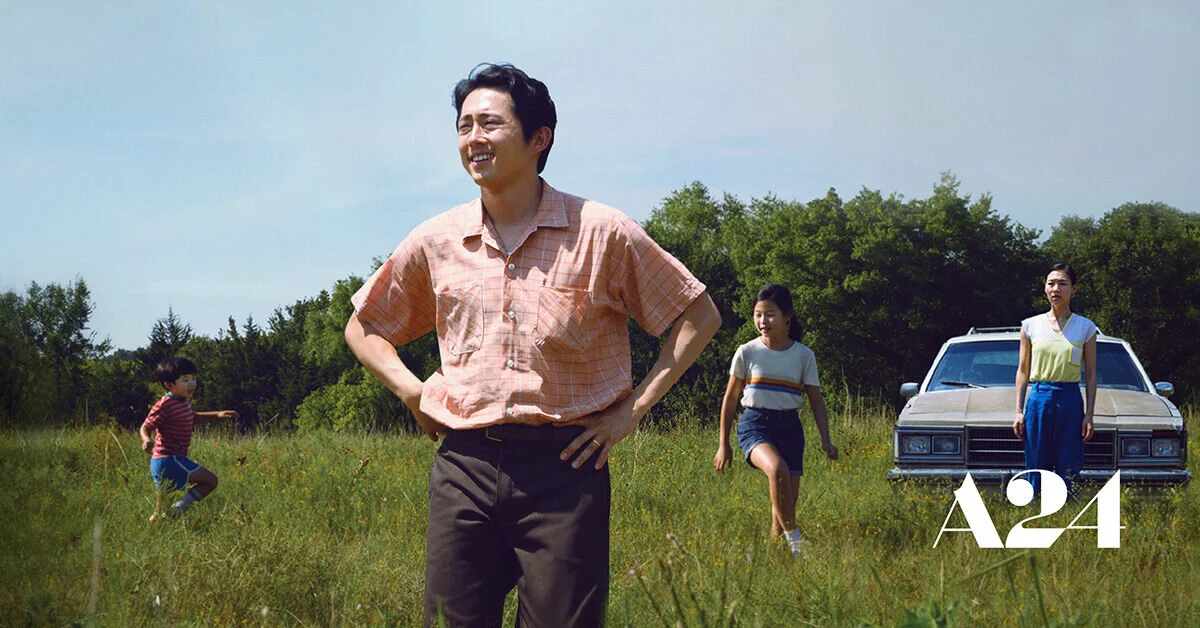FILM REVIEW: Warwick Thornton returns with ambitious outback drama “The New Boy”
When Warwick Thornton comes out with a movie, you take notice. With films like the gritty slice-of-life “Samson and Delilah” (an impressive debut that won the Caméra d'Or at the 2009 Cannes Film Festival), the feel-good musical drama “The Sapphires” (2012), and more recent western “Sweet Country” (2017), Thornton seems to have a knack for leveraging different genres and the gorgeous sparseness of the Australian landscape to tell riveting, and often socially charged stories about the inner lives of Indigenous people, stories that defiantly skewer the system responsible for their oppression. He does it again with The New Boy, this time, with mixed results.
The New Boy is a tough film to nail down. Set in the 1940s, the story revolves around a 9-year-old Aboriginal boy who is forcibly taken from his home, and placed in a remote church overseen by a wayward nun (Cate Blanchett). After an absolutely mesmerizing opening scene, the first half of the film plays out like a conventional tale we’re used to seeing in historical dramas about colonisation, as we go through the motions of seeing the boy get indoctrinated into a Christian way of life that feels very alien to him. In line with most of Thornton’s work, these scenes feel very grounded and steeped in reality. The film is also a visual delight: every frame is meticulously composed, and Thornton expertly utilises the set, like the church, open barn doors, and desert plains, to elevate the presence of the characters.
Cate Blanchett captivates, as always, as the devout but unconventional nun who has been forced to make the best of a bad situation. But it’s Aswan Reid that shines the brightest here as the titular New Boy, through his naturally charismatic (mostly dialogue-free) performance.
Then the film takes a sharp left turn. It abruptly shifts gears and transforms into a perplexing blend between a psychological thriller and a parable. The film disrupts its established narrative by amping up its magical realism, and propelling the story into a realm of heavy symbolism that is reminiscent of movies like “Mother!” or “Possession”. It’s a daring gamble that could work in theory, as it offers a gateway into a deeper interrogation of the insidious nature of colonialism fuelled by religious righteousness. In execution, though, I’m just not convinced that the gamble paid off, as the film’s sudden tonal departure from its initial hyper-realist, almost lighthearted beginning results in a story that ultimately feels less coherent.
Armed with thought-provoking themes and weighty ideas worthy of discussion, The New Boy is a visually striking and contemplative outback drama that is ultimately hampered by its own ambitious storytelling.






